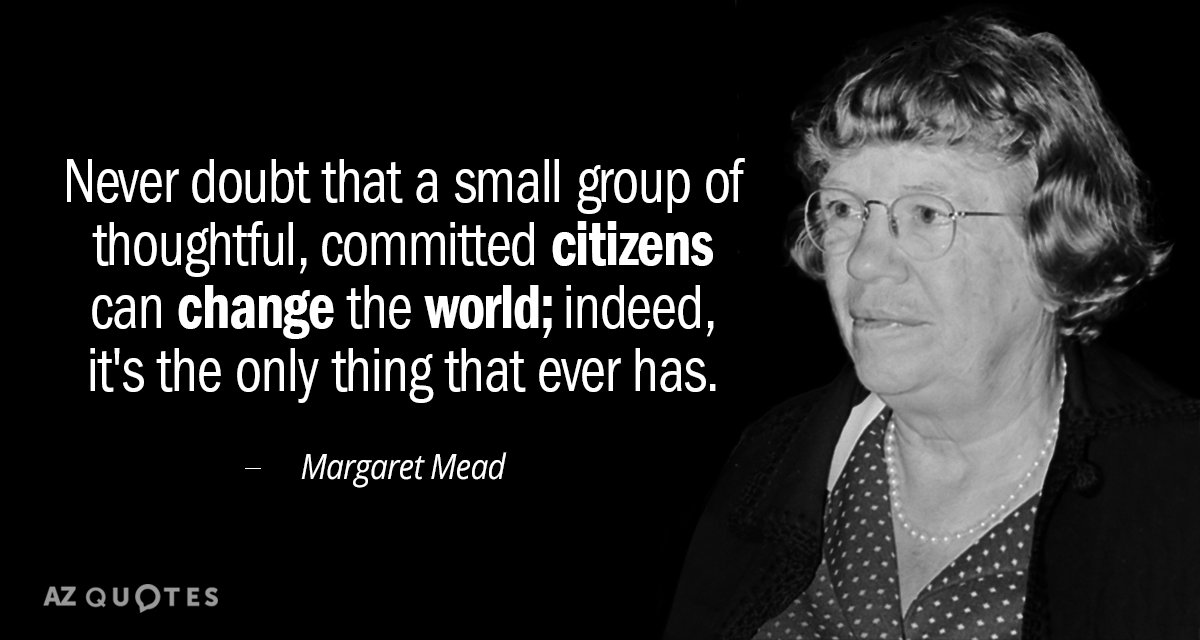
I got quite depressed last night. Of course the pandemic of coronavirus and thousands of people dying across the world, people at risk, job and income losses etc are at the heart of my depression, but this particular episode was a result of the TV series, Stateless on ABCTV.
Stateless is about the immigration centre, in South Australia. What the series highlighted was the inhumane, cruel treatment of refugees by consecutive Australian governments. Refugees – people fleeing from horrific wars and violence – seeking refuge and safety. And our Australian government treating them like aliens/criminals, locking them away, refusing them that basic human right of safety and protection.
They have since closed most of these detention centres in Australia. They are now locked up in our ‘off-shore’ detention centres – in poverty-stricken countries – away from the public gaze and out of our newsfeed and our critique.
The Most Vulnerable
There are millions of people throughout the world suffering in this way. And right now they are facing a horrendous situation. Crowded into refugee camps they are extremely vulnerable to this pandemic.
It is the most vulnerable people who are at highest risk from the pandemic – refugees, the homeless, prisoners locked up in confined spaces (recognising that our incarceration rates of indigenous people is so high), the elderly in nursing homes, those forced to live in close living conditions in the slums, our remote Indigenous communities already suffering from a failure to address their health and safety needs – the list goes on.
Concerns have also been raised about social isolation. There is an expectation in our society that home is place of safety and security. But for many women and children home is not a safe place. Home is where women and children are subjected to violence, rape and child sexual abuse. and there is evidence that the rate of domestic violence is increasing at this time when women and children are locked into social isolation with their abusers.
The European Network of Women has outlined how this pandemic is a feminist issue. They highlight how this affects women across the world:
- Women and children seeking asylum
- Elderly women
- Women victims of male violence
- Women in care and domestic sector
- Women in prostitution and pornography
And emphasise how this impacts more heavily on poorer countries and migrant women in our richer countries.
Structural Change is Necessary
I think we have to take a broader look at the relationship between this pandemic and patriarchal capitalism – and the ineffectiveness of capitalism in responding to this crisis.
It was inspiring to watch The Rising Majority live teach-in including Angela Davis and Naomi Klein talking about the pandemic of global capitalism.

I make no claim to being as knowledgeable and informed as either of these two women but would like to summarize some of the important issues that they have raised in this discussion.
Environmental Issues
The point was made very clearly that this pandemic and our governments’ responses to it are a result of the disaster of capitalism. Naomi Klein makes a clear link between the war on nature and this pandemic, which has resulted from our encroachment on wilderness.
And yet, she also points out that environmental regulations are being downgraded, with the excuse of spurring the economy.
The state of Victoria has recently extended agreements that exempt the logging industry from conservation laws
The NSW Coalition government has quietly granted planning approvals for an expansion of coal mining operations under one of Sydney’s key drinking water catchments
Health Infrastructure
A point that is also made is that global capitalism appears to biologically unsustainable in the absence of an international health infrastructure. The growth of private, for-profit health care and big pharmaceutical businesses, they argue is the major reason why our health care system is inadequate to cope with our current pandemic. Concurrently our public health systems have been starved by relentless austerity measures for decades. It is not profitable for private health care facilities to maintain empty hospital beds or keep stockpiles of emergency equipment.
Capitalism is willing to sacrifice life in the interests of profit.
Whilst we may take some hope for the socialist-like strategies that are being used by many governments to fight this current crisis such as increasing Centrelink payments and reducing some of the barriers; providing homes for the homeless; ensuring at least some people are guaranteed an income, there are some concerning issues arising from these moves. These strategies are only for some – for the deserving. Capitalist governments continue with their divide and conquer tactics, separating us from others – e.g.not providing for immigrants; not extending payments to casual workers who have been employed for less than 12 months.
Across the world, there’s growing concern that COVID-19 is enabling authoritarian governments to amass unprecedented powers that will outlast the crisis itself. In Turkey, Hungary, Egypt, Uganda, Israel, USA and Serbia to mention some including Australia who has suspended parliament. This is a time, as Naomi Klein points out, capitalist governments are eager to grab power.
Caring and Nurturing
One thing that has become very obvious during this time is our reliance on what has been termed ‘frontline workers’. It is nurses, other health care professionals, cleaners, orderlies who are in the frontline in our health care sector risking their lives to help and protect others; it is our supermarket staff, checkout staff, those who stack supermarket shelves who are continuing to work at risk to their health and safety; our teachers and child care workers who are continuing to care for our children. These are female-dominated workers, and not surprisingly our poorest paid professions. There has much lauding of their work at this time, and yet do we really believe that when this is over they will be given the status and the pay that is warranted? Or that caring and nurturing are the most important tasks of our communities?
It is no surprise to me that there is a growing realisation that it is frontline workers (and let me emphasise the term worker/working class) and women’s work of caring and nurturing that are essential to our welfare at this time. We have also seen many instances of community caring, where neighbours and communities are reaching out to each other to provide support and care. We are hopefully learning that the individualism of neo-liberal politics does not provide us with the kind of society that will protect and care for us all.
The Status Quo is an Emergency
The discussion on Rising Majority emphasised that this crisis gives us the opportunity to push for structural change. That we are living in a time when capitalism is failing, and there is a strong need for movement building and collaboration to effect this structural change.
We must look at what the feminist eco-movement have been telling us about what kind of change is needed.

Maria Mies envisions her world view of the good life in the Epilogue of her autobiography, “The Village and the World. My Life, Our Times’:
“Such a world view requires a new concept of economy, of society, of culture, and of politics and philosophy. This new philosophy of life will lead to better relations between ‘us’ and ‘others. Instead of selfishness, there will be generosity, instead of competition, there will be cooperation. Instead of private property, there will be communal us of the Commons (land, water, air, knowledge), friendly relations with neighbours and foreigners, cooperation instead of division into isolated, alienated individuals; speaking together, sharing joy and sadness. Subsistence means self-provisioning, mutuality, communality – no person is an island – sharing responsibility for the community and for the planet.”



One Response
So well said! My sincerest hope is that this pandemic disrupts neo-liberalism and leads to a world so well expressed by Maria Mies. My concern is that it will instead lead to even more authoritarian times, as we are all ready seeing. Democracy is fragile and the powerful seems to find new ways to corrupt their power.